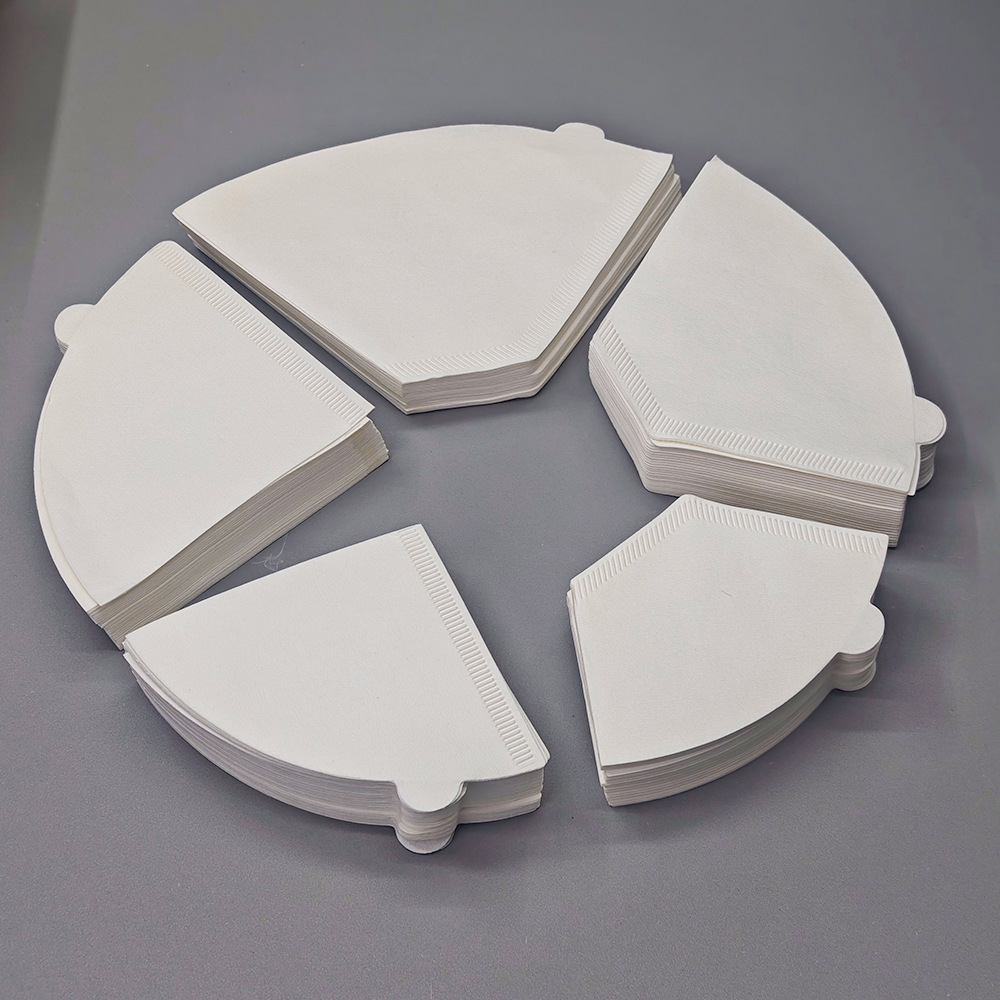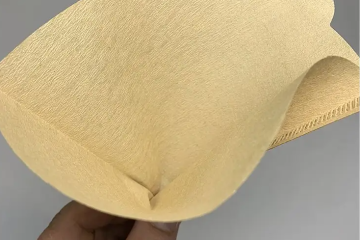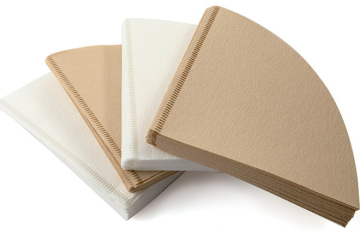The Significance of Selecting the Right Coffee Filter
For coffee lovers, the ideal cup isn’t solely about beans, roasting, or brewing techniques. It’s also about the subtle details that can vastly transform taste, aroma, and overall experience. Among these details, the coffee filter stands out. Despite seeming like a minor aspect of brewing, the filter type significantly impacts coffee quality. Let’s delve into why filter selection matters and how it affects your morning brew.
Coffee Filters: Their Dual Role
Coffee filters not only hold grounds during brewing but also play a vital role in extracting flavors and oils. The filter type affects the extraction process, influencing taste, texture, and even health benefits.
Paper vs. Reusable Filters
Paper Filters
Pros:
Convenience: Easy to use and dispose of, ideal for hassle-free brewing.
Flavor: Absorb oils and fines, resulting in a smoother, cleaner cup. Perfect for lighter brews.
Eco-Options: Some are biodegradable or compostable, making them environmentally friendly.
Cons:
Waste: Many end up in landfills, contributing to environmental issues.
Flavor Loss: Absorption can strip complex flavors and aromas from higher-quality beans.
Reusable Filters
Pros:
Durability: Last years with proper care, made from materials like metal or cloth.
Sustainability: Reduce waste, making them a more sustainable choice.
Flavor Preservation: Allow more oils and fines to pass, enriching the coffee’s flavor profile. Beneficial for darker roasts or bolder brews.
Cons:
Maintenance: Require regular cleaning to prevent clogging and maintain flavor.
Initial Cost: Higher upfront, but more economical over time.
Taste Impact
The filter’s material and design significantly affect coffee taste. Paper filters, due to their absorbency, produce a lighter, cleaner cup. For a mild brew, this is beneficial. However, for a richer, more flavorful cup, reusable filters are better. They allow more oils and fines to pass, enhancing body, mouthfeel, and complexity.







Health Considerations
When choosing a filter, health is also a factor. Paper filters trap cafestol and kahweol, compounds linked to increased cholesterol. For moderate consumption, this isn’t a concern, but those with cholesterol issues may prefer paper filters. Reusable filters allow these compounds to pass, which may concern some. However, coffee’s overall health benefits, including antioxidants, often outweigh potential risks.
The Final Word
Ultimately, filter choice depends on personal preference and brewing goals. Paper filters offer convenience, a cleaner taste, and potential health benefits. Reusable filters provide durability, sustainability, and a richer flavor profile. Experimenting with different filters helps find the one that best suits your taste and brewing routine.
Does the Filter Matter?
Absolutely. The right filter enhances your coffee experience, improving flavor, texture, and overall enjoyment. Whether you prefer paper or reusable filters, the key is finding the one that complements your coffee preferences and brewing style.


0 Comments